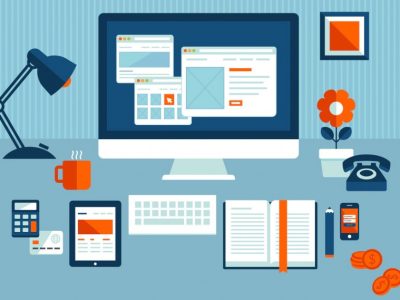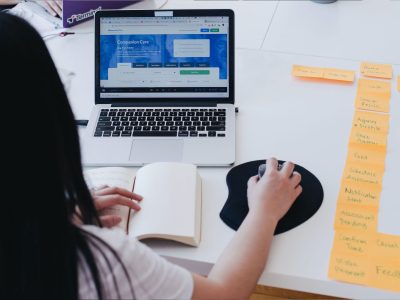Things To Tell Your Designer Before Starting A Project

If you’re working with a designer, it’s important to make sure that you’re both on the same page about each element of your project. This means that before work starts on your site or logo, you should be able to communicate all of these things in detail to your designer. In this article we’ll go over everything you should know about each aspect of your design project so that there are no surprises when working with a professional.
Your Goal
When you’re working with a designer, it’s important to have a clear idea of your goal. What do you want the site to accomplish? Why is this goal important? What are the benefits of achieving this goal and how will they affect your business or personal life?
What are some costs associated with not achieving this goal? For example: if people aren’t able to find your website easily, then they won’t be able to use it as much as they could if it was easy-to-navigate; or maybe there are costs associated with having an outdated website (i.e., losing potential customers).
Your Brand Mission
Your brand mission is a statement of what you believe your company stands for, what its core values are and why it exists.
It can be difficult to get a handle on your own brand mission at first, but once you do it will be an invaluable tool in helping you communicate with others about your business. The more clear and concise your brand mission is the easier it will be for people who interact with your company (clients or potential clients) to understand what makes you different from other companies in the same space.
Your Audience
In order to create a successful design, you must have an understanding of who your audience is and what they want. You should be able to answer questions like:
- Who is my audience?
- What are their demographics (age, gender, income level)?
- Where do they live?
- What language do they speak?
- How old are they?
You should also consider any other factors that might influence how you approach your design project such as hobbies or interests.
Your Goals for the Site
It’s important to define your goals for the site before starting a project. Your goals will affect the rest of the project, so they need to be considered carefully and clearly defined.
When defining your website’s purpose or objective, keep in mind that there are many different types of websites with different objectives. A few examples include:
- A marketing tool (to promote products or services)
- A resource directory (for users looking for information)
- An e-commerce store (selling physical goods)
Budget and Timeline Considerations
The budget and timeline of your project are two of the most important factors to consider before starting. They can have a major effect on each other, so it’s important to have an idea of what your budget is going to be before you start talking about timelines.
If you’re working with a fixed budget, then there are some things that might not be possible for your designer at this point in time. If this is the case, let them know what kind of flexibility exists within those constraints–and if any part of the design process needs more attention than others because they involve more expensive materials or processes (for example: custom furniture vs stock furniture).
If there isn’t an exact amount set aside for this project yet but rather just a general category (“I’m saving up money”), then make sure everyone knows what their limits will be before moving forward so there aren’t any surprises later down the line!
Make Sure You Know Everything About Your Project Before You Start.
Before you start, make sure you know everything about your project. Your designer will ask you these questions, and it’s important that you have answers ready.
- What is the goal or purpose of this design?
- Who are the people using it (and what are their goals)?
- What kind of content needs to be included in this design?
If possible, have a clear vision for how the final product should look and function. This can help save time and money by making better decisions earlier on in the process; it also helps communicate effectively with your designer(s) throughout both phases of development: planning and execution.
Plan For Success, Prepare For The Future
We hope that this post has helped you understand the importance of knowing your goals and audience before starting a website project. This information is crucial for creating a site that will engage your customers and encourage them to make purchases from you. We also know that it can be difficult to get all these details together in one place, which is why we offer free consultations with our designers at every stage of development!
Ready to Get Started?
We're here to help you find the right solution for your business and budget. Let us know what you need and we'll provide you with a free consultation and cost estimate. We work with companies in all industries, big or small!




